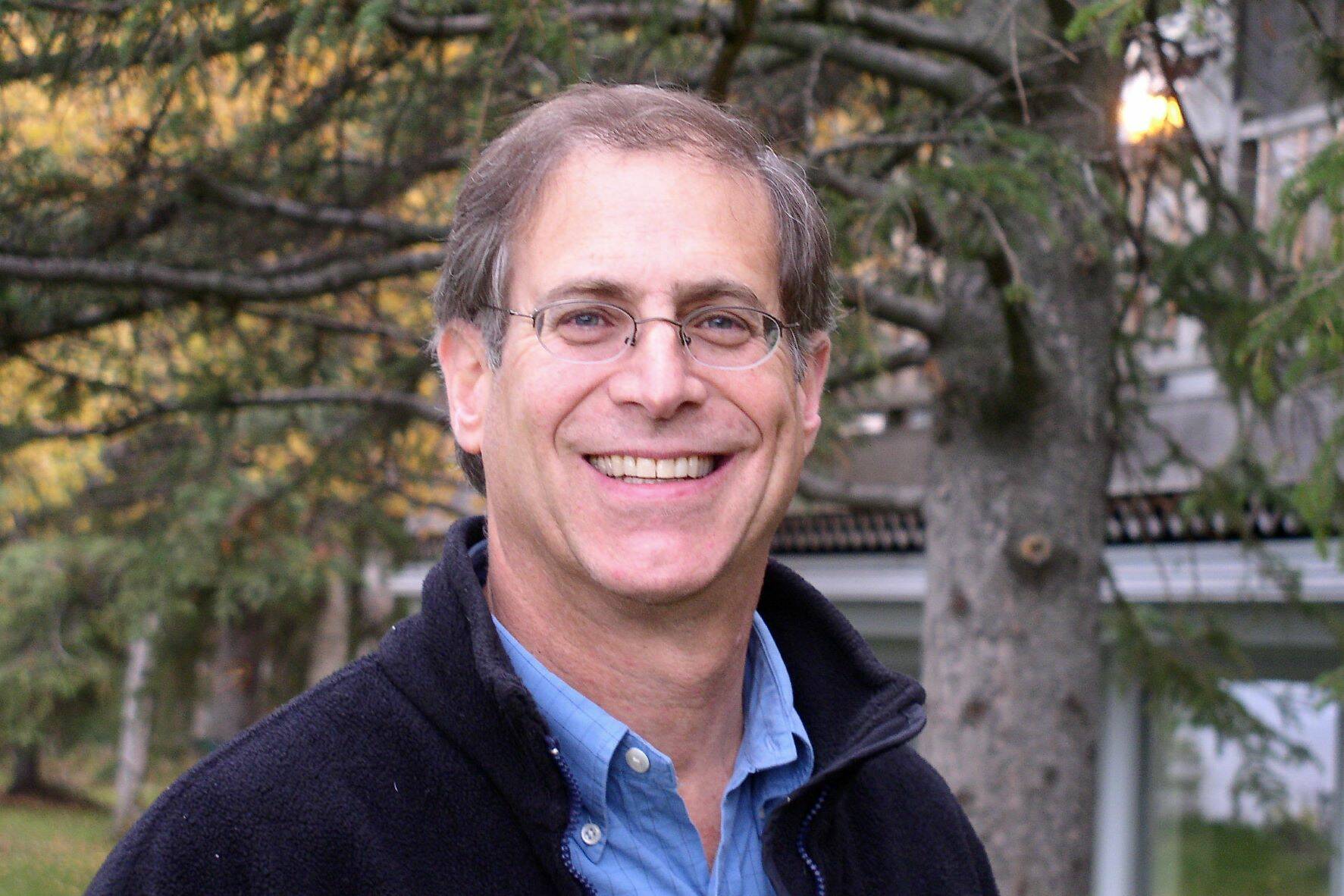In a race with nearly 50 candidates, Jeff Lowenfels says his unique career gives him the experience needed to fill the seat of the late Don Young, Alaska’s only representative in the U.S. House of Representatives for 49 years.
“I’ve got the time and I’ve got the ability and I’ve got the willingness, so I’ve decided to run,” Lowenfels told the Empire in an interview.
Lowenfels said he’s most known for his garden column in the Anchorage Daily News that he’s written for 45 years — the longest-running garden column in America — and his extensive work as a garden writer. He’s published several books on organic gardening, including cannabis growing, and is a former president of the Garden Writers of America.
But before that, he was a lawyer in private practice and for the state of Alaska, as well as an executive with the Yukon Pacific Corporation which sponsored the Trans Alaska Gasline Project. He was assistant attorney general in the late 1970s and in private practice represented several Alaska Native corporations on work related to oil and gas. Lowenfels said his experience in both the public and private sector and coming from legal background gave him a unique knowledge of not just Alaska, but Washington, D.C., politics as well.
“I don’t think there’s any other candidate that has had the experiences that I have or the resources that I can bring to bear,” Lowenfels said. “I read statutes for a living. I’m ready to take that knowledge and experience and use it.”
Running as a nonpartisan, Lowenfels said he’s previously registered as both a Republican and a Democrat but is deeply dissatisfied with party politics and wants to take a pragmatic approach. Lowenfels was also a lobbyist for Alaskan businesses in Washington, D.C., and said he’d learned a lesson from working with Young’s office over the years.
[Protesters call for more enforcement of environmental regulations aboard ships]
“I believe that there’s only two things a Congressman from Alaska can really do. The first is make sure nobody forgets Alaska during the legislative process. It’s incredibly important that Alaska be there and be represented,” Lowenfels said. “The second thing, of course, is to be able to represent Alaskans here in Alaska as they with the federal government. I’ve had way too much experience doing that and I think I can be helpful in that regard.”
Lowenfels said he wants to see the state’s oil and gas resources developed in an environmentally sustainable way, including Alaska’s “stranded” reserves. According to the U.S. Geological Survey, stranded reserves are oil or gas fields that are not commercially viable due to economic or other constraints. The state should use federal infrastructure funds to build out to access the state’s resources, Lowenfels said.
“Am I an ally of the oil and gas companies? Not particularly, I’m an Alaskan,” Lowenfels said. “It’s a nice partnership in many ways, we need to make sure that it continues.”
There are 48 candidates in the special primary election set for June 11, and will be done completely by mail-in voting, according to the Alaska Division of Elections. In that election, Alaskans will only choose one candidate from a list of 48, the top four of which will go on to the state’s first-ever ranked choice election.
However, the winner of the special election will only serve temporarily until the winner of the regular election in November is sworn in. So far only 19 candidates, including Lowenfels, have filed for that race — the filing deadline is June 1 — with a primary set for August. In that primary Alaskans will again choose only one candidate from a longer list and the four top vote-getters will move on to a ranked-choice ballot.
Lowenfels said he welcomes the ranked-choice system and the open primaries, saying it gave Alaskans a better and more intelligent candidate selection process. In Congress, Lowenfels said as a nonpartisan he would be able to negotiate with any caucus and would work closely with the state’s two senators.
“I think you have to have the sensitivity to what Alaska needs and not what your political parties need,” Lowenfels said.
Register to vote
The deadline to register to vote or update your mailing information to be eligible for the June 11 primary is May 12, according to DOE. Alaskans can register to vote or check their registration status at DOE’s website, elections.alaska.gov.
• Contact reporter Peter Segall at psegall@juneauempire.com. Follow him on Twitter at @SegallJnuEmpire.

